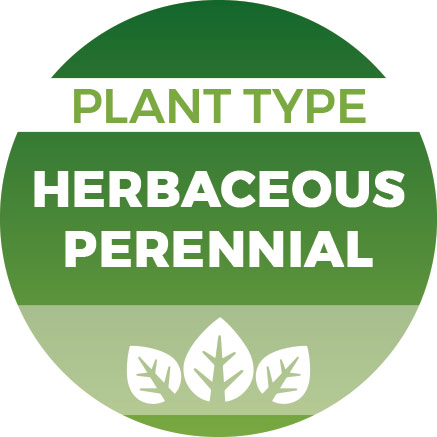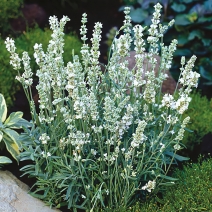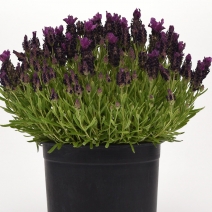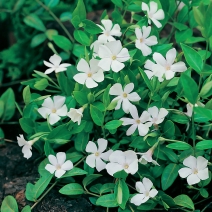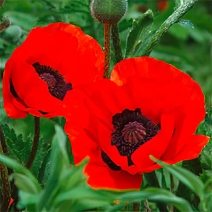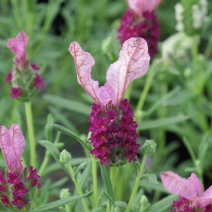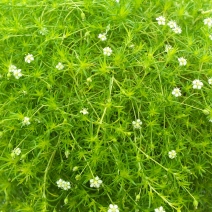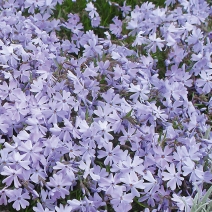Bulbs x 6
Commonly known as the Native English Bluebell, is a beloved and iconic wildflower in the British Isles. Native English Bluebells are known for their charming, pendulous, bell-shaped flowers. These flowers typically have a deep violet-blue color, although they can vary from blue to purple or even white. The petals often curl back at the tips. These plants reach a height of about 12 to 18 inches (30 to 45 centimeters) when in bloom. Native English Bluebells are protected in the UK due to concerns about hybridization with Spanish bluebells (Hyacinthoides hispanica), which can dilute the native gene pool. They are a symbol of British woodlands and are celebrated for their cultural and ecological significance.
What am I Buying?
Bulbs are a form of dormant plant which when planted in the correct conditions produce a full plant over time. Plants which naturally survive as bulbs will usually die down into the ground when their season is finished in order to store their energy to return the following year.
Planting BulbsMost bulbs should be planted at a depth 2-3 times their own depth. e.g. a 5cm bulb will be planted at 10-15cm deep.
Plant bulbs with their shoot side facing upwards up. If unsure which side, it's best to plant the bulb "laying down".
Cover with soil and lightly water in. Avoid the ground staying overly wet as it may cause the bulbs to rot.
Feed weekly with a high potassium feed, such as tomato feed, once shoots appear.
Stop feeding when the foliage begins to die back. Allow the foliage to die back naturally as this will support growth in future years.
Reduced Plastics
Please note: In order to lessen our environmental impact, all of our plants will be removed from their plastic cell trays or pots before sending. Ensure you are ready to pot your plants when they arrive.
"- Buy 2 lots for £5.36 each and save 10%
- Buy 3 lots for £5.06 each and save 15%
- Buy 4 lots for £4.76 each and save 20%
MULTIBUY OFFERS

